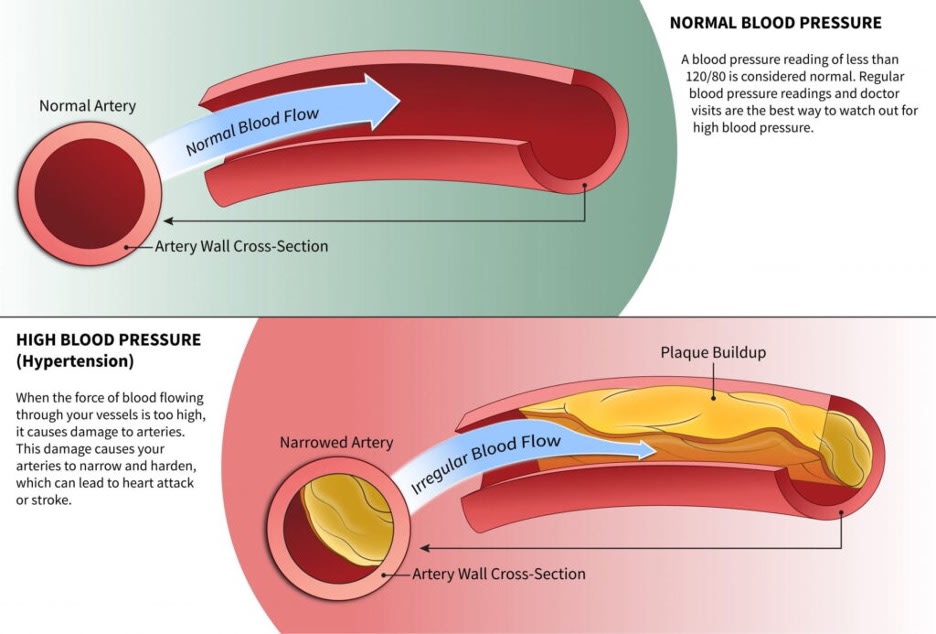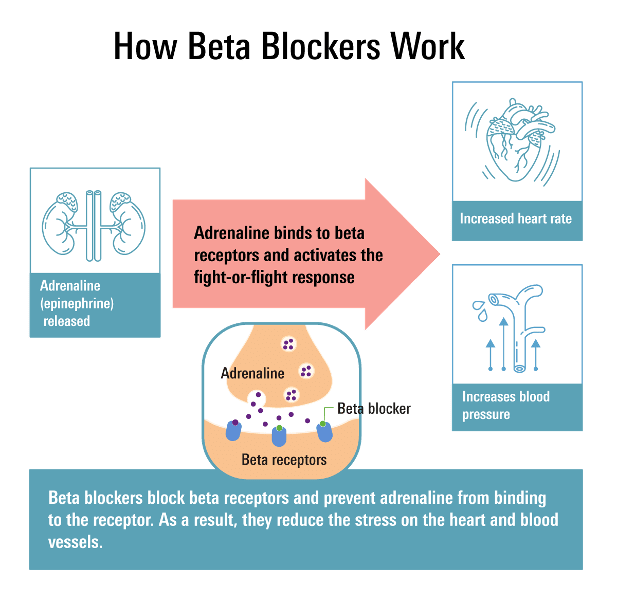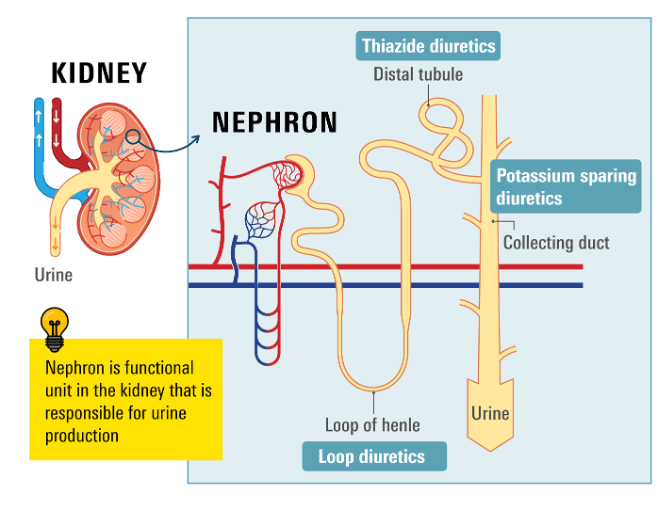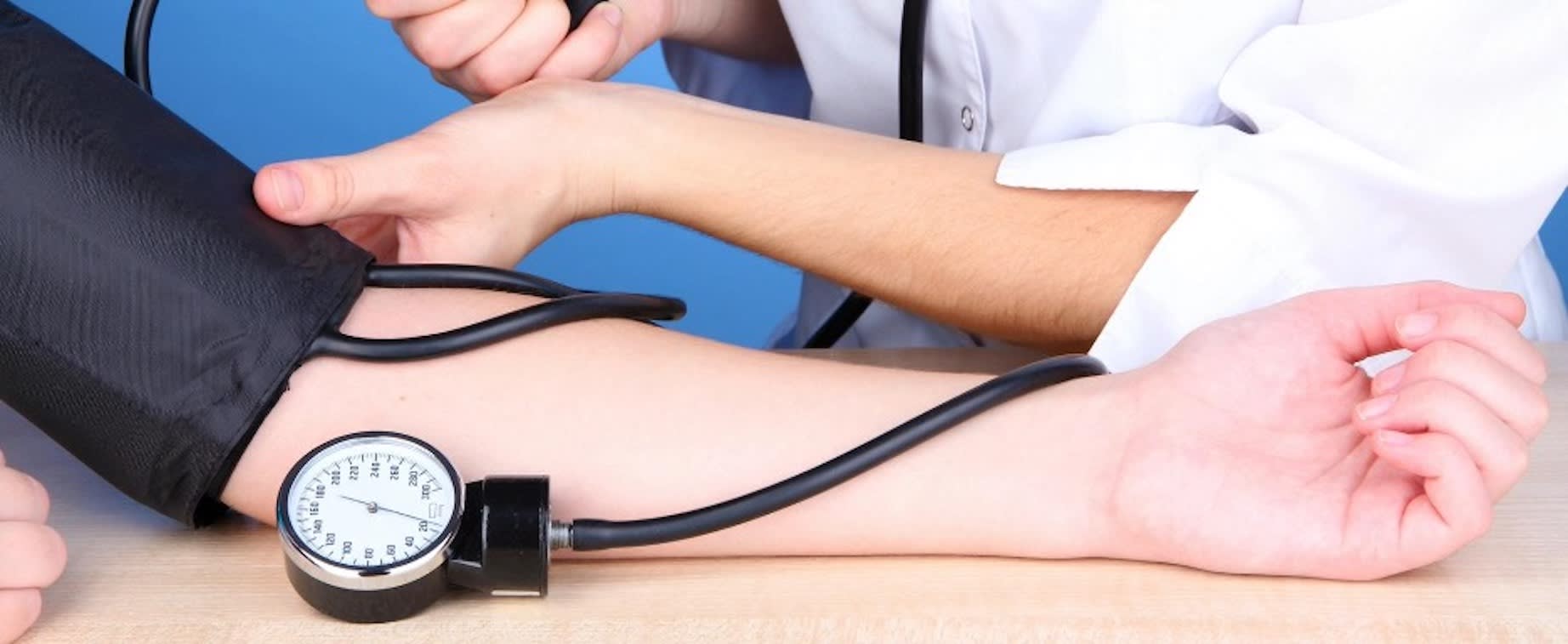Table of Contents
I. The Link Between High Blood Pressure and Erectile Dysfunction
II. Blood Pressure Medications and Their Impact on Erectile Dysfunction
Which high blood pressure medication causes erectile dysfunction?
For men taking or about to begin taking medication to manage high blood pressure, this is a common question and concern. Because high blood pressure is a chronic condition, it requires ongoing treatment and medication. When that medication causes side effects such as erectile dysfunction (ED), it can have significant quality of life implications.
Addressing the impact of blood pressure medication on erectile dysfunction is important. Men should be empowered to discuss their concerns with healthcare providers to manage their blood pressure effectively while minimizing the risk of ED. This conversation is important for maintaining both physical health and quality of life.
This article will help you understand where to start. We’ll provide an overview of different high blood pressure medications, how and why some cause ED, and how to talk to your healthcare provider about choosing the best medication for you.
Quick Takeaways:
- Beta-blockers and diuretics are the most common blood pressure medications associated with the side effect of erectile dysfunction (ED).
- High blood pressure can damage blood vessels, reducing their ability to support the blood flow necessary for an erection.
- Diuretics act on the nephron to increase urine production, which can decrease blood volume and pressure but also reduce blood flow to the penis.
- Open communication with healthcare providers about ED concerns is crucial for managing both high blood pressure and sexual health effectively.
- My Drug Center offers a range of blood pressure medications with convenient home delivery options to help manage your health without compromising your quality of life.
The Link Between High Blood Pressure and Erectile Dysfunction
High blood pressure, also known as hypertension, is a condition where the force of your blood against the walls of your blood vessels is consistently too high. Over time, this increased pressure can cause damage to the blood vessels, leading to heart disease, stroke, and other serious health issues. But how does this relate to erectile dysfunction?

Erectile dysfunction is the inability to achieve or maintain an erection sufficient for satisfactory sexual performance. It's a condition that stems from both physical and psychological factors. High blood pressure itself, as well as the medications used to treat it, can be a significant physical cause of ED.
The physiological link between blood pressure regulation and erectile function is found in the blood vessels. In order for an erection to occur, blood vessels in the penis must relax and open wide to allow more blood to flow in. At the same time, blood flow out of the penis needs to be restricted.
High blood pressure can damage the blood vessels, reducing their ability to open properly and allow for the increased blood flow necessary for an erection to occur. This damage can also lead to atherosclerosis, a condition where the arteries become clogged and narrowed, further impeding blood flow.
Moreover, some blood pressure medications also interfere with this process. For example, certain drugs may actually prevent the blood vessels from relaxing, making it more difficult to achieve an erection.
This dual impact of hypertension and its treatment options means it’s critical to manage both conditions carefully to maintain overall health and sexual function.
Blood Pressure Medications and Their Impact on Erectile Dysfunction
There are several different types of blood pressure medications prescribed to manage hypertension, each working through different mechanisms. These include:
- Beta-blockers: Reduce blood pressure by slowing down the heart rate and decreasing the force of heart contractions
- Diuretics (Water Pills): Increase urine output to help reduce blood volume, thereby lowering blood pressure
- ACE Inhibitors: Block the conversion of angiotensin I to angiotensin II, leading to vasodilation and reduced blood pressure
- Angiotensin II Receptor Blockers (ARBs): Prevent angiotensin II from binding to its receptors, causing blood vessels to relax and lower blood pressure
- Calcium Channel Blockers: Inhibit calcium from entering the cells of the heart and arteries, leading to decreased heart rate and blood pressure
- Alpha-blockers: Reduce blood pressure by relaxing muscle tissue in the veins and arteries, improving blood flow
- Renin Inhibitors: Directly inhibit renin, an enzyme involved in the production of angiotensin I, leading to lower blood pressure
So, which high blood pressure medication causes erectile dysfunction? Among those that are listed above, beta-blockers and diuretics are most commonly associated with the side effects of ED.
Beta-blockers
Beta-blockers work by blocking the effects of the adrenaline hormone, leading to a decrease in heart rate and blood pressure. While effective for heart health, this mechanism can also interfere with the nervous system's ability to induce an erection. The reduced adrenaline effect can limit the dilation of arteries in the penis, necessary for achieving an erection.

Diuretics
Diuretics help remove excess fluid from the body by increasing urine production, which lowers blood pressure. Diuretics act on nephron, the functional unit of the kidney, by inhibiting the reabsorption of sodium and water, leading to increased urine production.
This process decreases blood volume and pressure but can also reduce blood flow to the penis, which contributes to erectile dysfunction.

Additionally, diuretics can lead to decreased levels of zinc, a mineral that is important for testosterone production and sexual function.
Beta-blockers and diuretics both impact the physiological process involved in achieving and maintaining an erection, leading to erectile dysfunction in some men. It's important for individuals experiencing ED while on these medications to discuss concerns with their healthcare provider and make adjustments as needed to find a treatment plan that works for them.
Putting It All Together
Understanding the complex relationship between high blood pressure, its treatment, and erectile dysfunction is crucial for those navigating these health challenges. While medications like beta-blockers and diuretics are effective for managing high blood pressure, they may have side effects that impact sexual health.
It's important to have open discussions with healthcare providers about any concerns, including the possibility of erectile dysfunction. Exploring alternative medications or treatment adjustments can help manage both conditions effectively. Remember, your health and well-being are paramount.
My Drug Center offers accessible and affordable blood pressure medication and convenient home delivery options. Learn more here about how we can help you save on your next prescription.
Looking for a trusted source to manage your medication needs? Visit My Drug Center for a wide range of healthcare solutions, including alternatives that might better suit your health profile and lifestyle. Let us help you maintain your health without compromising your quality of life.
The information in the article is not meant to be used for treatment or diagnosis. It is designed for general awareness and for information purposes only. Always consult a medical professional for your specific healthcare needs.
